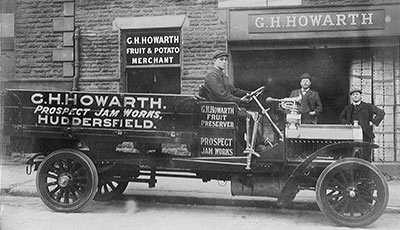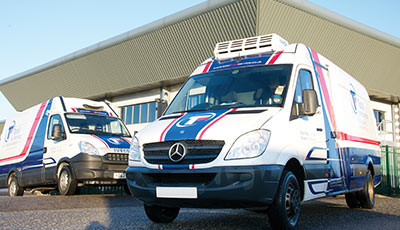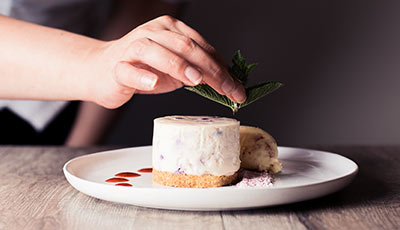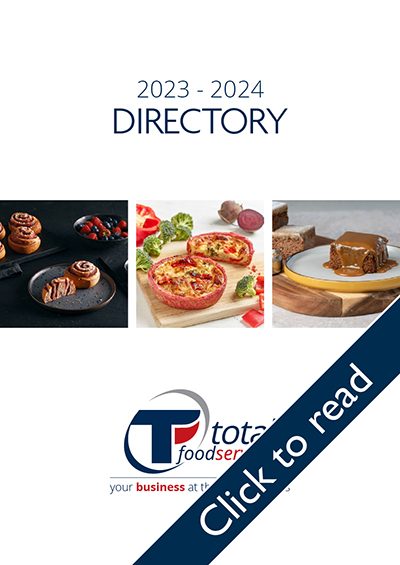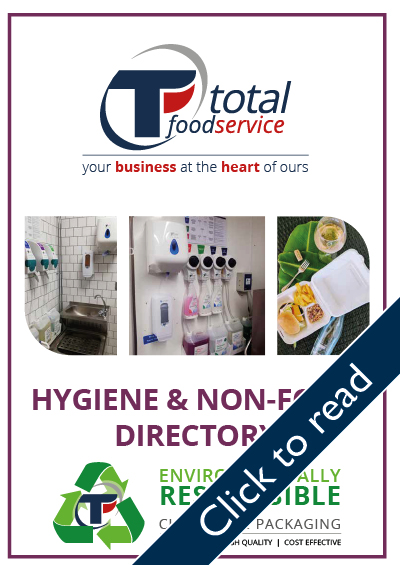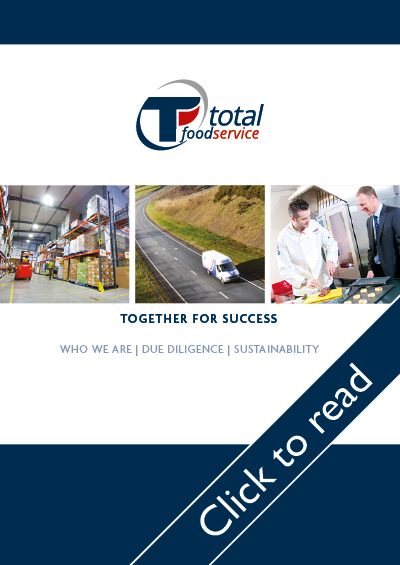The New Soft Drinks Levy
The Soft Drinks Levy – or sugar tax – came into law on 6th April 2018. So what does it mean to the foodservice industry?
Why introduce a tax in the first place?
The intention to put a tax on the amount of sugar in soft drinks was announced in 2016, in response to the ever-increasing numbers of people in the UK becoming obese. Health issues caused by obesity already cost the NHS in the region of £6billion a year and the Department for Health and Social Care was particularly concerned about obesity on children, forecasting that by 2050 more than 35% of boys and 20% of girls aged between 6 and 10 years old would be obese. And since consumption of sugary drinks is one of the contributors to obesity (especially in children) it seemed that reducing the amounts of sugar in soft drinks would be one way of addressing the problem.
‘Encouraging’ soft drinks manufacturers to reduce sugar in their products
Money talks! The government decided to tax manufacturers on the amount of sugar contained in soft drinks. Products that are liable include those which have sugar added during production and contain at least 5g of sugar per 100ml in the form in which it is drunk (i.e. diluted, mixed with crushed ice or carbonated). It also includes drinks with 1.2% alcohol or less by volume.
What is classed as sugar?
As well as sucrose, other sugars that are counted are glucose, fructose lactose and galactose. It means honey cannot be added either as it contains fructose and glucose.
Are all soft drinks liable for the tax?
In a word, no. Drinks that are at least 75% milk are excluded, as are milk replacements such as soya and almond milk. Juice drinks made from fruit or vegetables are not taxed either – as long as they haven’t had sugar added during the process. De-alcoholised wines and beers are exempt too. Syrups and flavourings added to cocktails and coffees also do not attract the tax.
How much is the tax?
The tax is levied on the soft drink manufacturers who will pay 18p per litre on drinks containing a total sugar content of between 5 and 8g per 100ml and 24p per litre on drinks with a total sugar content of 8g or more per 100ml.
How will that affect my prices?
Well, as you might imagine, the soft drinks manufacturers weren’t too keen on this tax. Of course they could pass it onto consumers, but were concerned that higher prices would reduce consumption and sales (well that was kind of the idea!). So even though at first they said they couldn’t possibly change the ingredients of their drinks, over the last 18 months nearly all soft drinks have been reformulated to contain less than 5g of sugar – and therefore are tax exempt, so there should be no price increases. New products have been introduced that fall below the 5g limit too. It’s actually a huge success, even though the government might lose out in tax revenue!
Will there be any impact on my customers?
There are one or two exceptions. Coca Cola has not reformulated the world’s favourite soft drink, although it has changed the sugar content in its other brands such as Fanta. Similarly, Britvic has reduced the sugar levels in most of its products, but full sugar Pepsi and 7UP, which the company manufactures, will still be subject to the tax.
Although Coca Cola has stated that it is big enough to absorb the sugar tax costs and Britvic should be the same, prices may increase. However, since the purpose of the sugar tax was to reduce sugar consumption, you could either pass the price increase onto the customer – gently explaining why the cost has gone up – or encourage them to choose one of the vast range of drinks now available with less than 5g sugar per 100ml instead.




